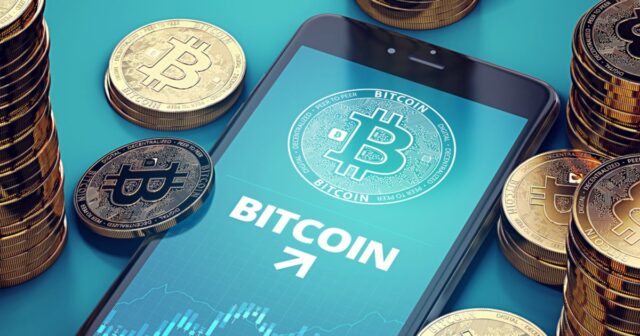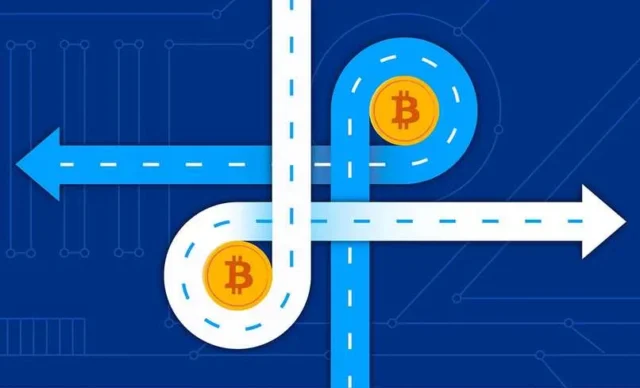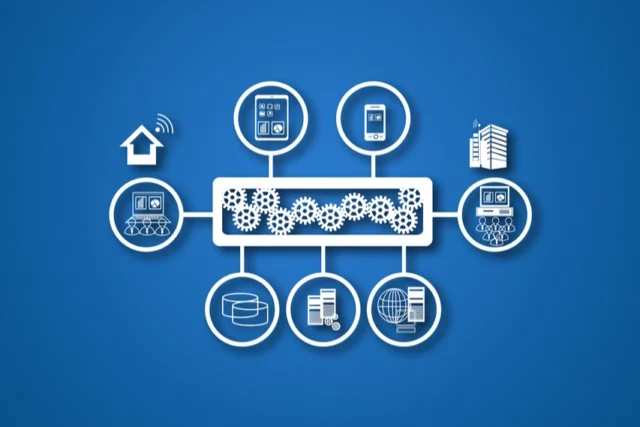
If you are wondering what the longest time it takes to complete a bitcoin transaction is, this article has covered it. Despite the popularity of Bitcoins investment, the issue of slow transaction speed is still significant. If you are a bitcoin investor, you must also be concerned about the exchange periods. Sometimes it takes less than minutes to complete the payment. On the other hand, it might take a few hours to as long as two days to complete the transaction. In some cases, the amount may even get stuck indefinitely.
You might wonder why this happens. Bitcoins are a part of the blockchain network. Whenever a BTC investor considers making a transaction, bitcoins are first sent to the mempool, wherein the miners then provide confirmation. However, numerous reasons, such as network instability, low transaction fees, and spam attacks, may interfere with payment speed.
Though the process of completing the exchanges may be extended, more and more investors are showing interest in this worthy cryptocurrency. A good and reliable Trading Platform can assist in making the entire investment journey smoother for you. Read this comprehensive guide on why this issue happens and what is the longest time your payments can get stuck. But before that, it is essential to find out how the exchanges actually work.
Understanding Bitcoin Transactions
Bitcoins are among the most significantly used form of cryptocurrencies which was first introduced in 2009. This crypto is a part of the blockchain network compiled into smaller blocks. Each block comprises the total transactions made during a specific time period.
The entire exchange includes a recipient, sender and the value. The nodes on the network verify further information. To conclude, the complete transaction is broadcasted all over the blockchain network by way of nodal information exchanges.

Read below to find out what is the maximum transaction period of a bitcoin.
What Is The Maximum Transaction Period Of A Bitcoin?
To complete the payments, bitcoins typically take a few minutes ranging from two to ten minutes. Though a zero-confirmation transaction can allow you to complete the payments within 5-10 seconds, they are deemed highly insecure. However, this mode of payment is generally unacceptable to merchants.
It is hence necessary to ensure that the transactions are implemented using a minimum of two confirmations to add to the secureness of the payments. And each confirmation period lasts for about 10 minutes.
The last method ensures maximum security of the entire exchange. It involves the implementation of around six confirmations for fund clearance. Since each confirmation takes around 10 minutes, six such periods count to about an hour. In essence, the more time is taken, the more security is added. Hence, slow BTC exchanges take up to one or two hours and are quite common in the case of huge amounts.
However, there are some instances where the exchanges may take up to one or two days to complete the entire transaction. There might be several reasons behind this. Read this guide to understand better some of the top reasons responsible for the sluggishness of BTC transactions.
Factors On Which The Exchange Speed Depends

You must now have a clear idea about how the bitcoins work and how much time it actually takes for the entire procedure. In normal circumstances, it takes around a few minutes or an hour. Meanwhile, it can take as long as two days for the process to finish. Numerous factors may be responsible for this. This guide will highlight some of the key factors behind the slow BTC transaction speed. Read below to find out.
Low Transaction Fees
The transaction fees are a primary factor on which the total transaction period depends. The miners charge a small fee as a reward for performing the mining operation. The fees may range from as low as $0.20 to as high as $50. Trading platforms allow you to choose the lowest possible charge for mining, depending on your choice.
If you wish to pay a higher fee to complete the transaction as a priority, you will get better services than anyone paying a lower fee. Hence, spending a bit higher price to avail of a lower transaction time is always suggested.
Network Scalability
Scalability can be referred to as the capacity of a network to handle a significant load. Sometimes when the blockchain network is struggling with increased traffic, there are chances that your bitcoin transactions are likely to get stuck in the memory pool, also known as a Mempool.
Because of this, it may take more time for the miners to finish the mining process. Additionally, miners prefer those exchanges in comparison to the others. Thus, network scalability is one of the greatest limitations responsible for the slow exchange speed.

The blockchain network can handle up to seven transactions per second. Overall, a single block consists of over 3500 transactions. It, in turn, makes the entire mining operation a bit difficult for the miners. There are instances where the increased workload surpasses the availability of miners, thereby making the process slower.
Spamming
The increasing demand for bitcoins has exposed this popular cryptocurrency to frequent spam attacks. Such spam attacks are either done by competitors who seek to add extra load to the network by making numerous smaller transactions or by hackers who desire to get certain private information about other bitcoin investors. The latter attack is popularly called a dusting attack.
Conclusion
Bitcoin, launched officially in 2009, has become a significantly important cryptocurrency in the last few years. Due to its worthiness, more and more investors are considering investing their money in this valuable cryptocurrency.
Specific reliable trading platforms assist users in making their whole investment journey a lot easier and resolving their hassles by providing complete guidance about the investment process. Though there might be several possible reasons, such as network scalability, spamming and dusting attacks, or paying a low transaction fee that may add up to the slow transaction speed, bitcoins are worthwhile investments.












